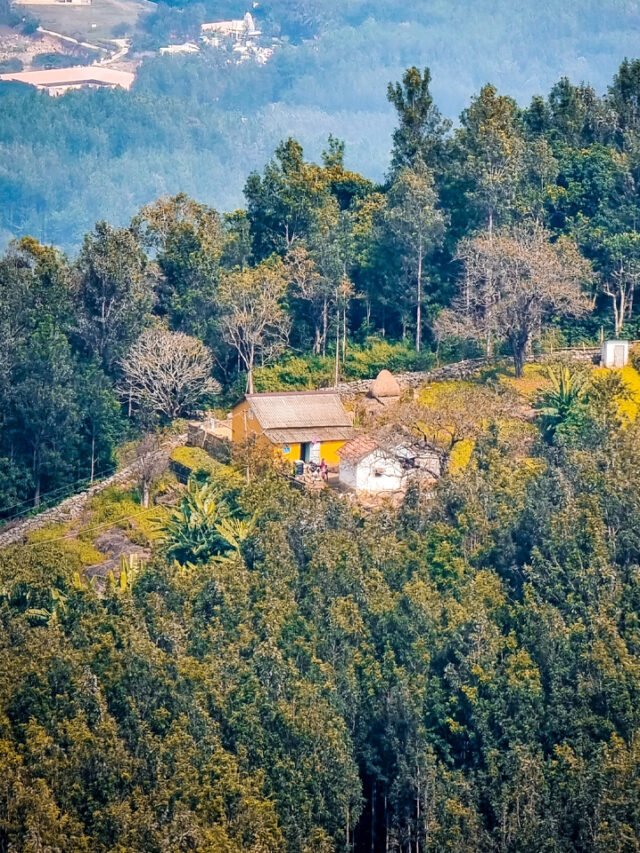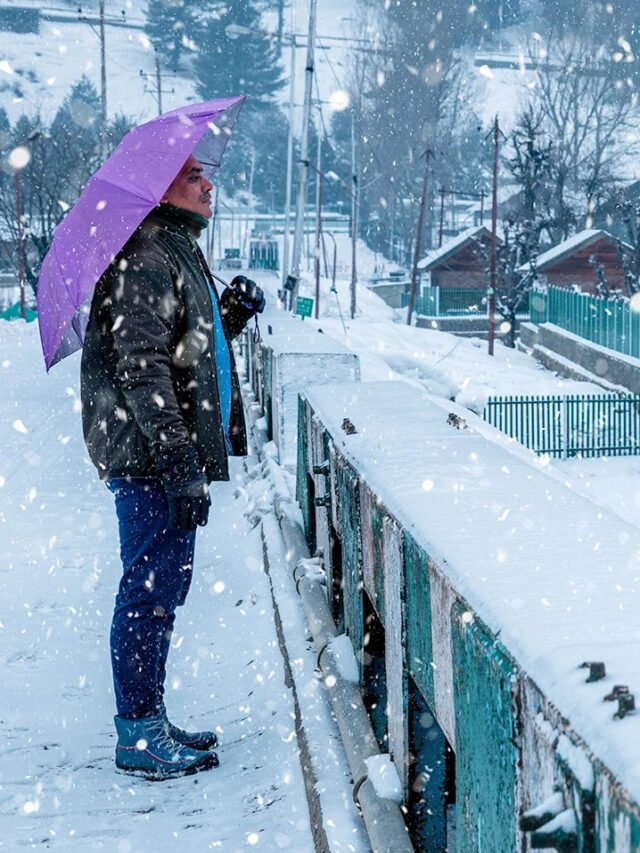By: Pakinrichapbo
Among the current issues taking Nagaland Government and the people into serious consultations, debate and discussion at all platforms is the Nagaland Liquor Total Prohibition Act, 1989 (NLTP in short) the final push given by the Dimapur Naga Students Union (DNSU). It is indeed a huge relief that at last State Government, Church Bodies and Civil Organizations has now taken cognizance of the failure of the NLTP Act and has now decided to do something about it. Now we await State Government decision on the issue post consultation in the Assembly.
Facts clearly shows that more than 30 years of enforcing the Act has not made Nagaland any dryer and on the contrary it appears percentages of people consuming alcohol are increasing. So what purpose does the Act serve now? We have also seen that just by destroying the seized IMFL and police registering case against seller and suppliers of IMFL has not contributed anything worthwhile in achieving the aim and objective of the NLTP Act except filling the pages of local newspapers, to be specific the aims of the Act are impossible to achieve.
Advocates of total ban on liquor sale and consumption have also appealed to the Government to save the future generation by implementing the Act effectively and to refrain from lifting the act either totally or partially at the same time those against the Act have opined its failure and the incapability to save the young and upcoming generations.
Pro NLTP Act has also largely taken the welfare of the common people (lower section of the people) into consideration as evident from the article published in Nagaland Post dated 24/02/2022 “NLTP Act 1989: Revisit to the past amidst lobbying” by Rev. Dr. Zelhou Keyho, General Secretary, NBCC. Such statement does sound nice and comforting, but it is far cry from reality, common people sell alcohol to make a living, to support their families not for show off. The statement also reminds me of a story once shared by our Kerelite teacher in High School, he told us a story of one family who sells alcohol from their own house and how their innocent daughter became a victim due to action of boozers who frequented their house. So here, who is responsible for the condition of poor girl child? Her parents? Or the Government who impose total ban on sale and consumption or the Church who fail to intervene to provide alternative earning facilities for the families. Such debate is endless yet some sellers using their own residence as booze joint do operate till today in spite of total liquor ban. What I want to convey is that though the law impose total ban on liquor sale and consumption, Government nor Church body or any pressure group would not succeed in stopping certain family or individuals from selling alcohol for livelihood, people will still find alternative ways as it is a matter of livelihood and their survival and govt. has to check on private residence being use as booze joint. Further, total absence of alcohol in any region does result in substance abuse, which is more harmful for the society in the long run.
Now as a legal practitioner by profession and observing our society I put forward my argument why the continuation of the NLTP Act will serve no purpose:
- The heading of Section 3 of The NLTP Act reads: Total Prohibition of Liquor and Nagaland a dry State, clause (3) of the Section 3 of the Act states that: No person shall consume liquor. I feel the provision of clause (3) section 3 of the Act is the least use and least enforced provision of the Act. Though the law empowered the law enforcing agency to prosecute anyone found consuming alcohol, so far I have not come across nor heard of the Courts in Nagaland convicting any citizen for consumption of alcohol, I may be wrong and wish to be corrected with proper records. Moreover, won’t it be hypocritical for police personnel who himself consume alcohol to go on arresting citizens for consuming alcohol or a Judge who consume alcohol to punish individual for consuming liquor. Whereas Section 44 (a) & (e) which prohibits import or exports of any liquor and prohibits sells or buy of liquor appears to be the most enforced provision of the Act. But enforcement of the provisions of the said section has failed to make Nagaland any dryer not achieved its desired results. So the best way forward is to revoke the existing Act and enact practical Act or regulations by seriously studying the models or Acts enforced in other states for instance The Uttar Pradesh Excise Act 1910 fix the legal age for drinking at 21 years with a penalty of Rs.1000 for violations, the Act also impose prohibition of sale on certain grounds such as an area where the Government operate, educational institutes, place of worships, Hill area, Industrial area etc. Whereas in our dry state wine house do exist and function with few meters apart from Churches in towns and villages. The Government and pressure groups have failed themselves too and pressure group putting all blame on the Government for the weak implementation does no justice at all. Say the Government could strictly implements the Act where import of liquor into the State was successfully prevented, people who drinks will still find ways to drink, be local or IMFL. Further the NLTP Act does not cover local brew which is equally harmful and its contents yet to be studied properly.
- Other writers who supports repeal or amendment of the Act has brilliantly put their argument by giving the examples of other countries whose policy on total prohibition on liquor have failed. In fact out of 28 States and 8 union territories in India only 7 states namely Bihar, Gujarat, Tripura, Lakshadweep, Mizoram and Nagaland, whereas in Manipur its is banned partially. In mid 2020, 123 people in Punjab’s Tarn Taran district died after drinking illicit liquor, liquor is not totally ban in Punjab like in Nagaland but illicit liquor trade boom in Punjab same as in Nagaland though it’s a dry state. The point is whether the state impose total liquor ban or not, the liquor trade will continue so why not the State streamline and strive to give FSSAI approve alcohol to the citizens of the state. Liquor like many other human inventions is the invention of the mankind and it will always be a part of mankind. Humans cannot shun alcohol totally out of their civilizations whether we like it or not. And what the state and pressure groups should do is to teach the citizens to drink responsibly by organizing workshops and programs for people fully dependent on alcohol instead of putting blanket ban at the same time take strict legal action as per the law against anybody who create public nuisance under the influence of alcohol. A survey done in 2019 in Punjab found more than half the male population consumed alcohol and survey done by India’s Social Justice Ministry along with the All India Institute of Medical Sciences and the Nationals Drugs Dependence Treatment Centre suggested the state also had an alcohol dependence problem; such survey in Nagaland is need of the hour. What I notice from my student days in Guwahati is that city police on night patrol from 12 PM onwards will arrest anybody out in the street if found under the influence of alcohol whereas in our state I have often witness drunk people roaming the street, creating nuisance in locality freely for whole night with no police on sight to enforce the law. This is the reality of our dry state and liquor prohibition is a joke upon itself.
- The main line of argument hold by the Church body is that Nagaland being a Christian majority state, liquor has to be ban by any means not considering the fact liquor ban for the last 30 plus year has done irreparable damage both to the health of the people and the economy of the state and also the fact that whether ban or no ban, people will not stop drinking. The Church further condemns the liquor business and people who sell liquor. Here I want to ask the Church bodies what if the people who sell alcohol gives their tithe regularly or can the Church refuse tithe from such people? Post NLTP Act coming into effect, the Church has done little or say nothing for the welfare of their respective flock, just condemning the people who sells alcohol for living is not the solution, Church ought to have provided other alternative for earning livelihood if it really cares for the well being of its flocks as the govt. was forced to legislate the Act on the Church and pressure groups pressure. If the Church and the pressure groups feel it has no such resources to help, it is best to leave the issue to the State alone to frame its policies to raise level of nutrition and the standard of living and to improve public health as empowered by Article 47 of the Constitution. If not the Church is largely responsible for the economic well being of the citizens.
- Here we less forget India is a secular state and religion is best kept inside our home in this issue but influencing state policy will put us in the same league with the UP government and its policy on cow slaughter.
Conclusion
The influence of the Church is huge in Nagaland and the response and decision of the State on the liquor ban will show who is more powerful in Nagaland. I understand the Church primary duty as a moral and spiritual guide is to teach the society to stand against all evils not against liquor consumption alone but it is strange to see the Churches in Nagaland are silent on unjust actions of the state such as backdoor appointments and incompletion of sanction projects. Or does Church feel it has divine rights only to intervene on liquor issue.
Lastly I remind the Nagaland legislators that the power tussle between secular government and the Church is not a new issue as European history tells how the struggle for power between the Church and the State shaped the western world. And this time, it is best that the State stand firmly on its secular values and let future be the judge of today’s action. (The author is an Advocate from Nagaland)












